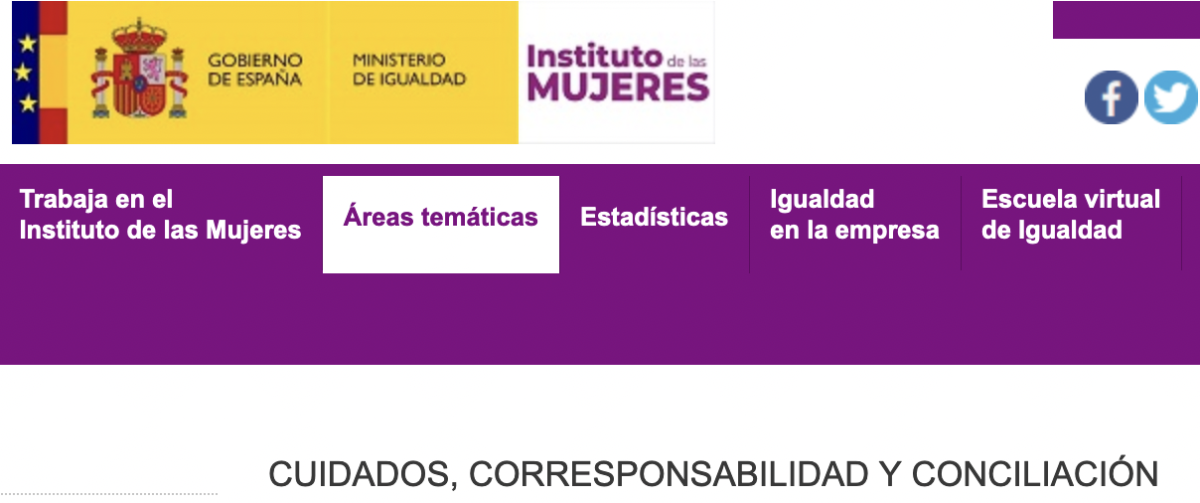Basis Document for Care (EN)
Care is highly feminized and precarious: a cultural change is required, a restructuring of the use of time, a revaluation of both family and professional care, and the creation of a stable funding framework.
The Basic Document for Care aims to inspire a future State Public System of Care through which to make visible, recognize and give social and economic value to care as indispensable work for sustaining our lives.
Society
Policy makers
The basic document for care constitutes a theoretical-conceptual framework for care, a diagnosis of the situation, and challenges and proposals that could be an excellent starting point for guiding public policy proposals on care, in particular the future State Care Strategy.
The document, the result of a collective reflection work, gathers a theoretical-conceptual framework around care, a situation diagnosis and challenges and proposals to address the necessary cultural change to value and put care at the center, the reorganization of the uses of time, the right to care for children, the transformation of the model of long-term care and support and the professionalization of care, insisting on the need to articulate and implement a governance model and a sustainable financing system.
The document is organized into eight chapters, the first of conceptualization and contextualization, which cover the fundamental areas of analysis in relation to the articulation of a right to care and a system associated with it. The second of these chapters addresses the necessary cultural change that must take place; the third chapter reviews the uses of time in the different social spheres; the fourth focuses on an analysis of the care system and early childhood education; the fifth develops the fundamental elements of a system for the promotion of autonomy and care in situations of dependency, while the sixth reflects on the processes of professionalization and dignification of care work; the seventh refers to the development of a model of governance and public financing for the system. It also includes a final chapter dedicated to summarizing the conclusions on which there has been the greatest degree of consensus.
-
This constitutes a reference text to establish the foundations of a society based on the organization of care, which puts people at the center and whose objective is to inspire a State Public System of care in line with the European care strategy.

